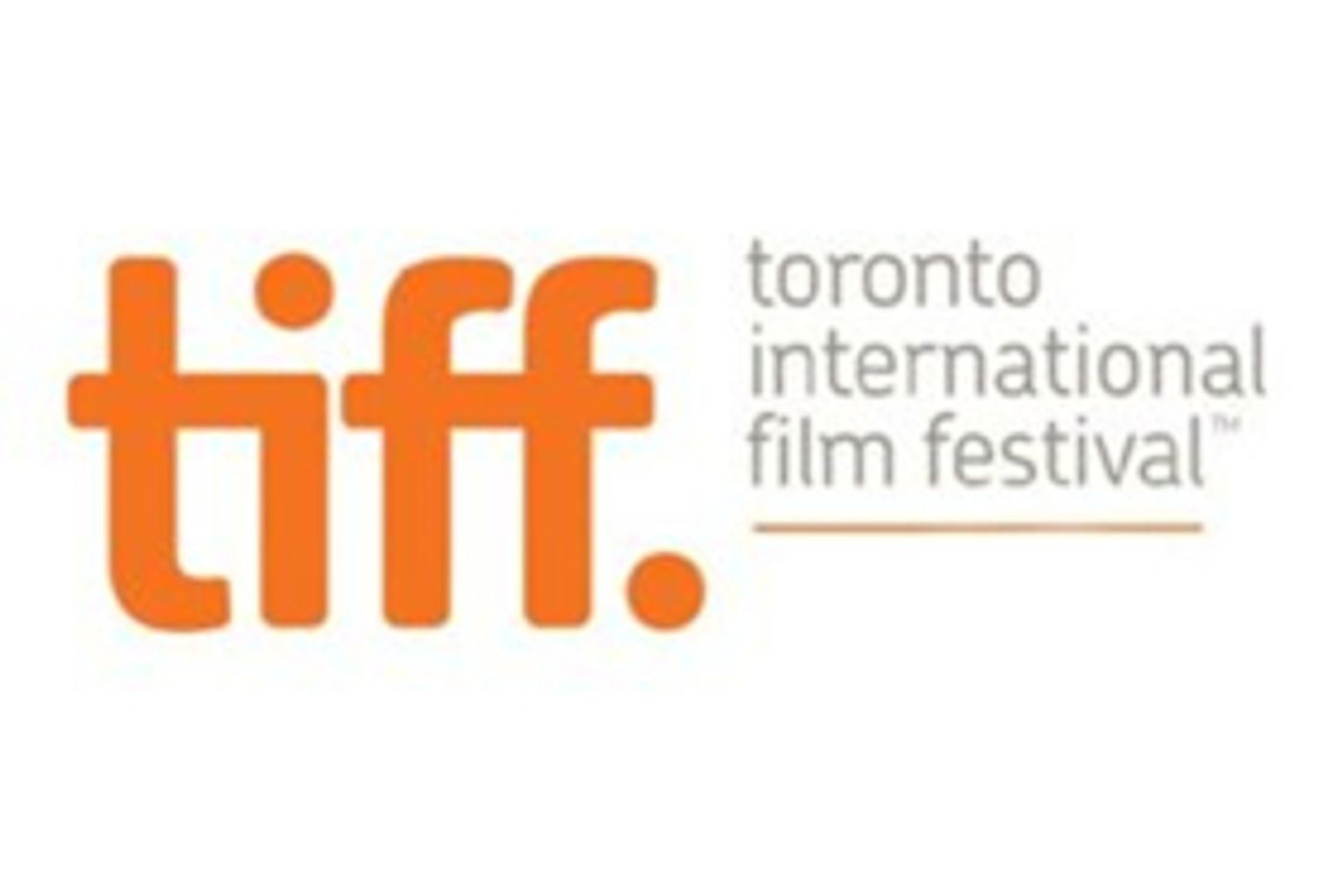Toronto International Film Festival Unveils Jury for 2018 Platform Programme

The Toronto International Film Festival® is very pleased to announce that New German Cinema legend Margarethe von Trotta, Hungarian long-take, existential master Béla Tarr, and acclaimed South Korean director and novelist Lee Chang-dong, together make up the 2018 jury for the Festival's Platform programme.
Now in its fourth year, Platform CHAMPIONS up to 12 works with high artistic merit that also demonstrate a strong directorial vision. The three-person jury will select the winner of the Toronto Platform Prize, an award of $25,000 CAD presented to the Best Film in the programme. "We are privileged to have a Platform jury that so perfectly embodies the programme's essence," said Piers Handling, Director and CEO of TIFF. "Our 2018 jurors' bold and daringly UNCOMPROMISING artistic visions have not only influenced, but helped mold the next generation of filmmakers. The wealth of experience, passion, and knowledge that they will bring to this year's edition will be priceless, and exciting to watch this September."Margarethe von Trotta
Margarethe von Trotta is considered one of the leaders of the New German Cinema movement. After studying Germanic and Romance languages in Munich and Paris (where she encountered the Nouvelle Vague and the films of Ingmar Bergman), von Trotta pursued a career in acting, working closely with both Rainer Werner Fassbinder and Volker Schlöndorff. Starting with her first independent directorial effort, The Second Awakening of Christa Klages(1978), von Trotta's filmography includes numerous critically acclaimed titles such as Marianne & Juliane (1981), which won the Golden Lion in Venice and became her first feature to ever screen at TIFF; Rosa Luxemburg (1986) and Love and Fear (1988), both of which were nominated for the Palme d'Or in Cannes; Rosenstraße (2003), which earned actor Katja Riemann the Coppa Volpi Award in Venice; and Hannah Arendt (2012), which won the German Film Award. Her first feature documentary, Searching for Ingmar Bergman (2018), is set to premiere at Cannes.
Margarethe von Trotta first attended TIFF (then the Festival of Festivals) in 1985, when three of her films were part of the 10 to Watchprogramme, which also included Andrei Tarkovsky, Chantal Akerman and Lino Brocka in its lineup.
Béla Tarr
Béla Tarr grew up in Budapest, Hungary. He began making amateur documentaries at the age of 16 and shot his feature debut, Family Nest (1977), at the age of 22. His work made a dramatic shift with his 1982 video adaptation of Macbeth which is comprised of only two shots, and in subsequent films, Tarr developed a durational aesthetic revolving around extended shot lengths, most famously in Sátántangó, which screened at the Festival in 1994. Through his entire body of work, Tarr has established himself as one of the defining filmmakers and greatest innovators in contemporary cinema.
Béla Tarr first attended TIFF (then the Festival of Festivals) in 1988, when his feature DAMNATION screened at the Festival. He has since returned several times, including a visit for a spotlight on his work in 1995.
Lee Chang-dong
Lee Chang-dong was born in Daegu, South Korea, and studied Korean literature at Kyungbuk University. Already established as a novelist, he made his directorial debut with Green Fish (1996), which was followed by the critically acclaimed Peppermint Candy (1999) and Oasis (2002), the latter of which won Best Director and Best New Actress awards at Venice, and became his first film to ever screen at TIFF. After serving as South Korea's Minister of Culture and Tourism from 2002 to 2004, he directed his fourth film, Secret Sunshine (2007) which won the Best Actress award at Cannes, while his fifth, Poetry (2010), won Best Screenplay three years later. His latest film, Burning (2018), is set to premiere at Cannes.
Lee Chang-dong first attended TIFF in 2007, when Secret Sunshinescreened at the Festival.
Videos

